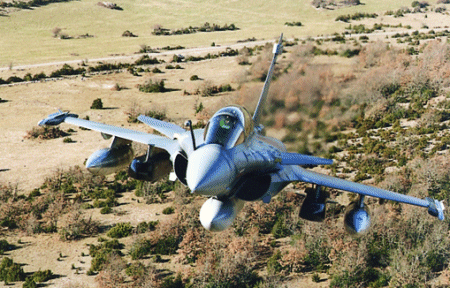Julian Moxon/PARIS
The French ministry of defence has completed a fundamental reorganisation of its aeronautics division in an effort to improve efficiency as it begins overseeing several major new aviation programmes.
The Service des Programmes Aéronautiques (SPAé) handles about 40% of the total defence budget, worth Fr25 billion ($3.6 billion) a year. Defence procurement chief Jean-Yves Helmer called for complete reform of the service in 1998 and created a 100-person task-force charged with introducing the changes by January. The transition period has just ended.
The SPAé is now more project oriented than previously, when only half of its staff of 750 were directly involved in programme management. The other half was made up primarily of multidisciplinary "business managers" working more or less in isolation.
Now, the service has been reorganised around a teaming concept which allows programme managers to draw specialists from a central "pool" comprising nine specific groups dedicated to areas including combat aircraft, mobility and airborne weapons.
This aims to combine synergies between the disciplines and to make the best use of staff, enabling a considerable improvement in links with the armed forces, as well as a reduction in staff of 150 in two years, to 650, with a further 50 due to go by 2002.

The changes come as the SPAé nears release of the F2 contract for the air-to-ground version of the Dassault Rafale fighter, is entering the production phase of the Eurocopter Tiger anti-tank/ armed reconnaissance helicopter and is awaiting the development and production go-ahead for the NH Industries NH90 helicopter and Airbus Military Company A400M transport.
The contract for the Rafale F2 version is due for release in June or July and will apply to the 48 - a mix of single and two seaters - aircraft covered in the multi-year order placed in 1999.
The first unit of 20 aircraft is due to enter service with the French air force at the end of 2005.
Source: Flight International























